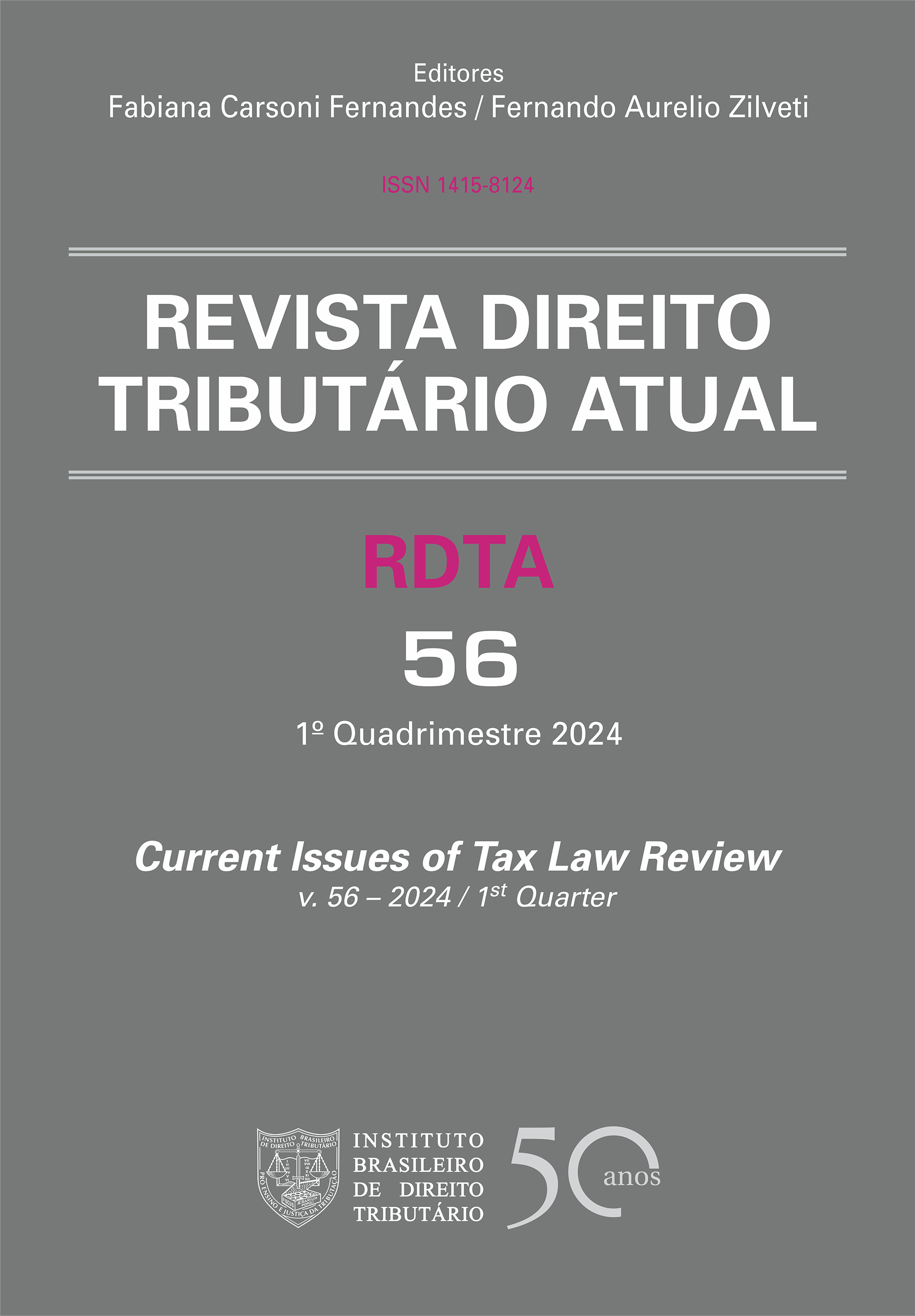Epistemic Crisis in Contemporary Tax Law
from the Exhaustion of Normative Formalism to the Risks of Fiscal Solidarity
DOI:
https://doi.org/10.46801/2595-6280.56.28.2024.2532Keywords:
tax law, theoretical assumptions, epistemic crisis, fiscal solidarismAbstract
This article aims to analyze the causes and effects of a potential epistemic crisis affecting contemporary Brazilian tax law. It argues that a rupture in the traditional paradigm of tax law is underway, leading to a phase of conceptual disorder and insecurity within this legal science field. The text contends that normative formalism, which historically grounded tax discipline, has reached a point of exhaustion due to social, technological, and economic changes. These changes have generated dissatisfaction with the responses provided by this theoretical tradition in practical tax law issues. Having made this diagnosis, the article proposes a critical analysis of the ongoing paradigmatic transition, highlighting the emergence of a new line of thought termed “Fiscal Solidarism”. This novel proposal, still in the consolidation phase, profoundly alters the assumptions of tax law, justifying taxation through an open interpretation of constitutional clauses limiting the power to tax, thereby posing risks of relativizing fundamental taxpayer guarantees.
Published
How to Cite
Issue
Section
License
Copyright (c) 2024 Arthur Maria Ferreira Neto

This work is licensed under a Creative Commons Attribution-NonCommercial-ShareAlike 4.0 International License.
O autor (ou coautor) declara que o artigo submetido à avaliação, que segue em anexo, é de sua autoria, e inédito, comprometendo-se a não publicar este artigo em qualquer outro meio, impresso ou digital, mantendo a exclusividade para a Revista Direito Tributário Internacional Atual, cedendo, em caso de aprovação do trabalho, os direitos autorais à Revista para fins de publicação do trabalho nesta edição.





